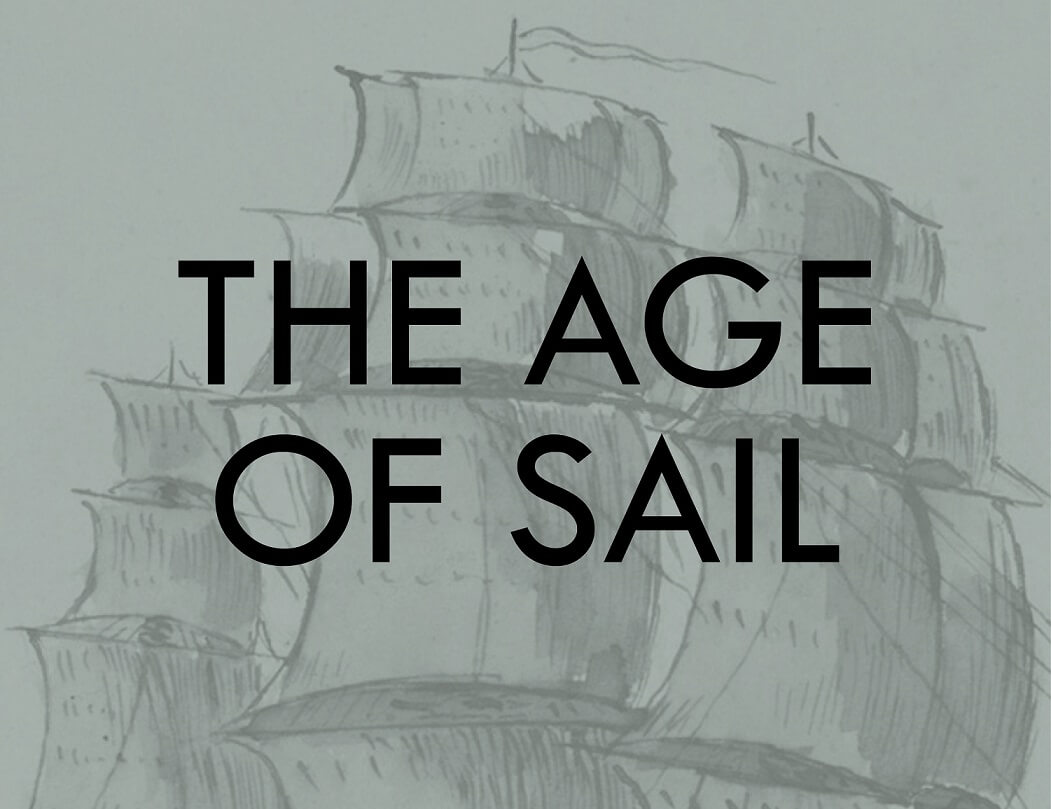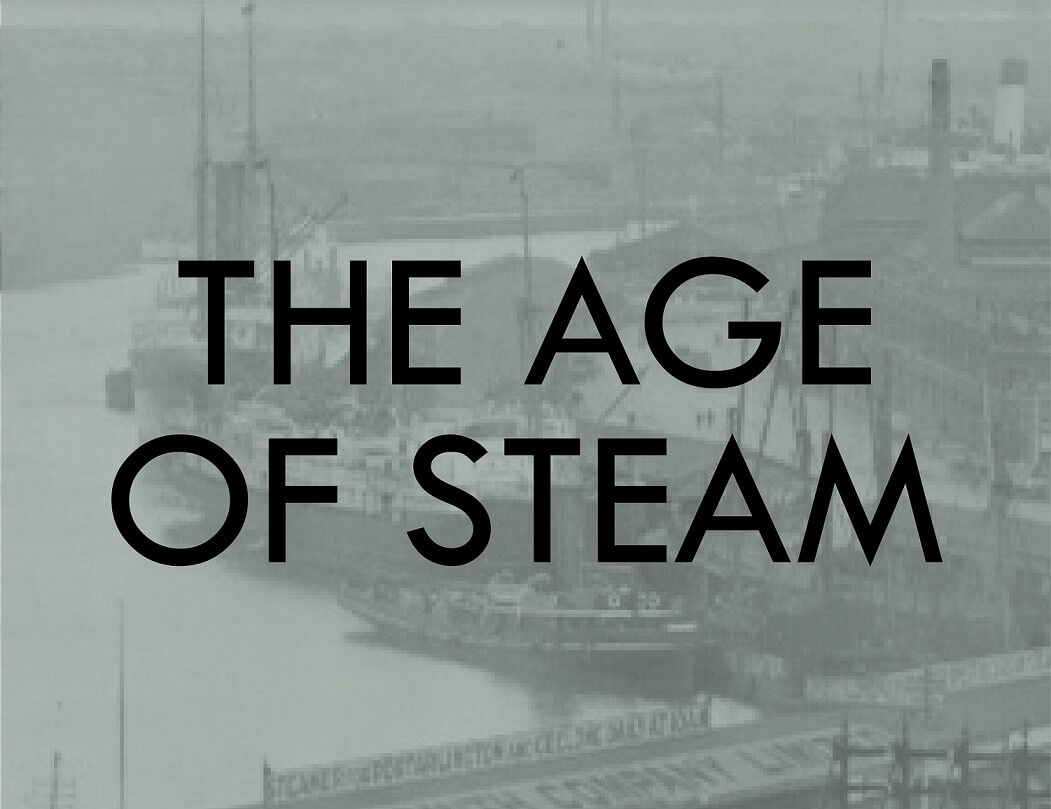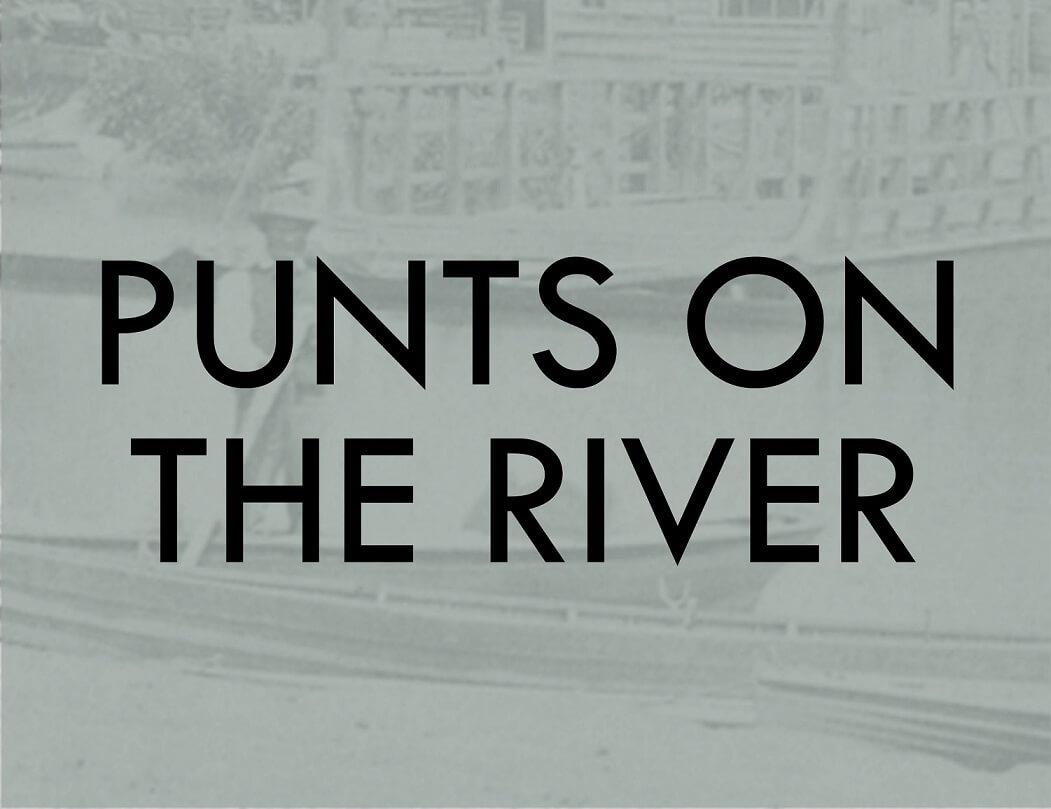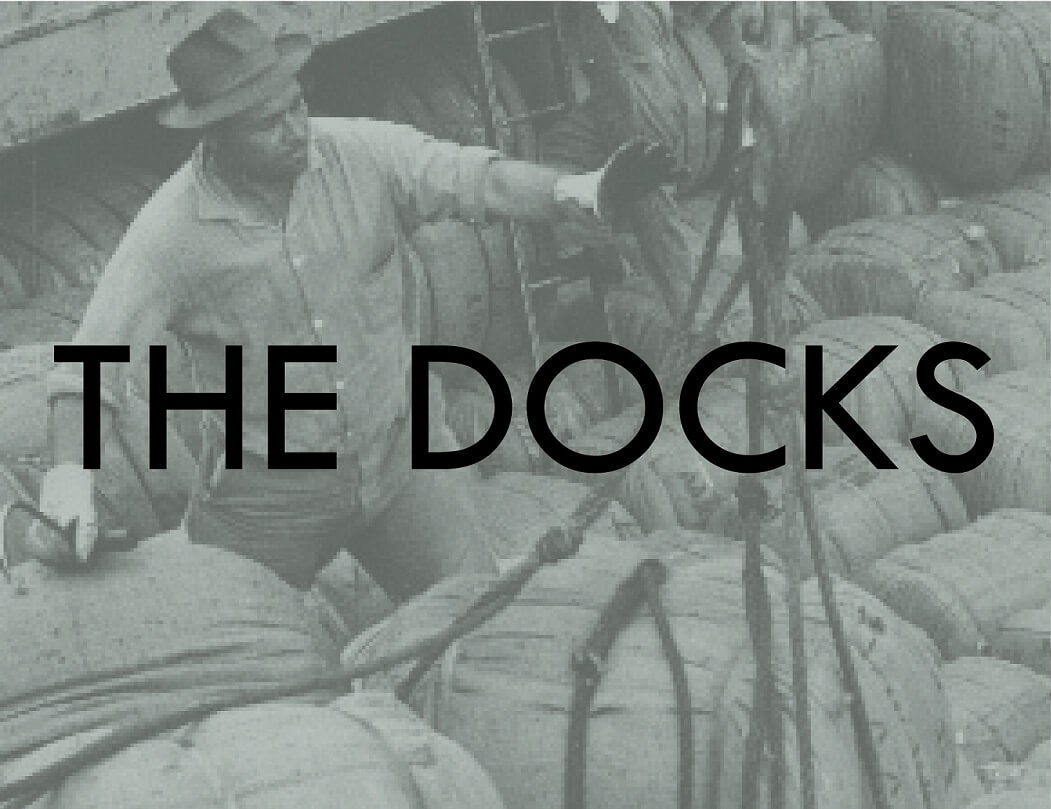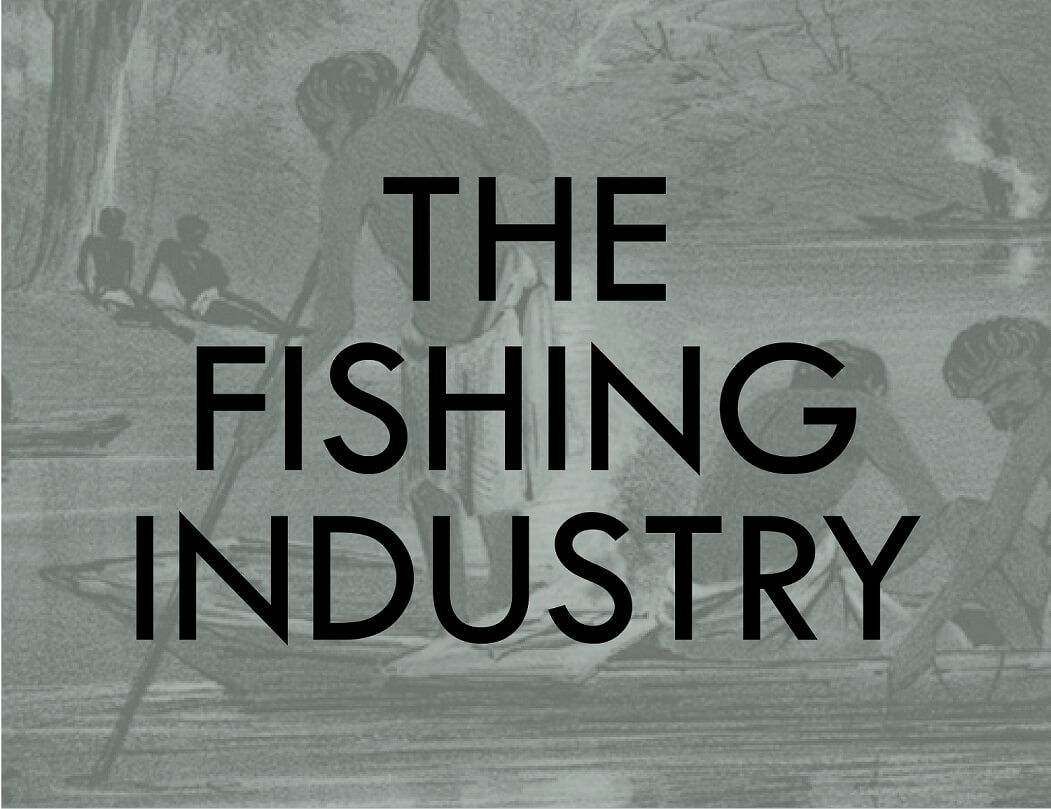Maritime industry is central to the Victorian economy, although it now employs far fewer workers than was once the case. River and sea transport dominated during Victoria’s first decades, but as roads improved and railways expanded, more goods and people could travel by road or rail. In the twentieth century air transport became feasible. ‘Air mail’ was introduced and eventually it was possible to export other valuable (and perishable) cargos by air. But most international cargo is still transported by sea.
In the nineteenth century there were dozens of jobs associated with maritime industry. Quite apart from seafarers, many others worked as boatmen, lightermen, deckhands, pilots or in one of many associated trades. Hundreds of others worked on shore as wharf labourers, ‘lumpers’ or coalmen. As sail gave way (gradually) to steam, ships required engineers and stokers alongside other crew. Then the stokers became redundant in their turn, as ships were powered by diesel.
Progress
In the Factory
In the Office
In the Home
-On the Water
In Print
On the Land
On the Street
On the Tracks
On the Road
In the Shadows
Odd Jobs
Many factors have influenced the decline in maritime jobs. The first was the end of the era of sail, which saw many associated jobs disappear. But equally important were changes in the mid-twentieth century — the introduction of bulk handling of products like grain, and then containerisation, which saw the majority of goods shipped in large containers rather than bags. Both reduced the need for labour on ships and on shore.
Author: Ann Wilcox
Next Topic: In Print
Further Reading
Margo Beasley The Wharfies: A History of the Waterside Workers’ Federation of Australia. Rushcutters Bay, Halstead Press & the Australian National Maritime Museum, 1996
John Botham, ‘Captain “Old King” Cole: Port Phillip Pioneer to Victorian Patriarch’, La Trobeana: Journal of the C J La Trobe Society, Vol. 16, No. 3, November 2017, pp. 28-38. Accessed January 2022
Frank Broeze Island Nation: A history of Australians and the sea. St Leonards, Allen & Unwin, 1998
Anna Clark The Catch: The Story of Fishing in Australia. Canberra, National Library of Australia Publishing, 2017
Don Garden Victoria: A History. Melbourne, Thomas Nelson, 1984
Rupert Lockwood Ship to Shore: A History of Melbourne's Waterfront and its Union Struggles. Sydney, Hale and Iremonger, 1990
Stuart Macintyre The Reds: The Communist Party of Australia from origins to Illegality. St Leonards, Allen & Unwin, 1998
Stuart Macintyre & Richard Mitchell (eds) Foundations of Arbitration: The Origins and Effects of State Compulsory Arbitration 1890-1914. Melbourne, Oxford University Press, 1989.
Wendy Lowenstein and Tom Hills, Under the hook, Melbourne waterside workers remember working lives and class war: 1900-1980. Melbourne, Melbourne Bookworkers in association with Australian Society for the Study of Labour History, 1982.
Chris McConville, 'Waterfront Unionism in Three Ports: Buenos Aires, Melbourne and San Francisco 1919-1934', Australian Labour History Reconsidered. Adelaide, Australian Humanities Press, 1999, pp. 75-88.

